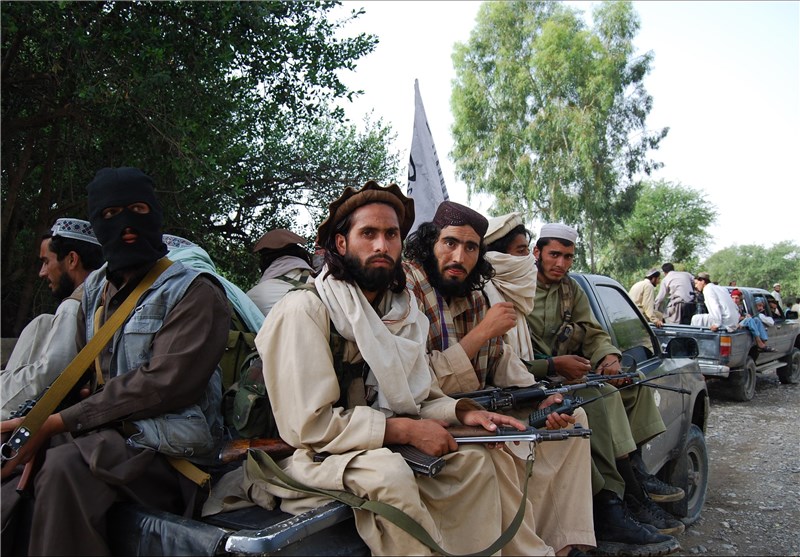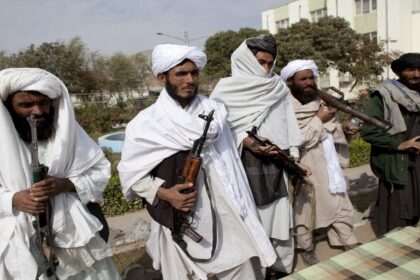RASC News Agency: Human rights activists argue that the idea of a “moderate Taliban” is a deceptive illusion, as all members of the group share an identical ideological framework and vision. According to these activists, some Taliban officials who publicly reject or criticize the directives of their peers while portraying themselves as moderates are strategically manipulating public perception to mislead Afghanistani citizens and attract international sympathy. Akbar, a prominent human rights advocate, described this narrative as “a tiresome and revolting charade” propagated by Taliban-aligned media outlets. “This portrayal of a supposed rift between ‘moderates’ and ‘hardliners’ within the Taliban is nothing but a calculated attempt to dupe the public,” he said. He highlighted Abbas Stanekzai, the Taliban’s Deputy Foreign Minister, as a key player in this charade, noting that while Stanekzai occasionally criticizes the decrees of the Taliban’s supreme leader, Mullah Hibatullah Akhundzada, he ultimately reaffirms his loyalty with exaggerated gestures of submission.
Karimullah, another human rights activist, dismissed the concept of internal moderation within the Taliban as a deliberate and skillful ruse. “This contrived division between ‘moderates’ and ‘hardliners’ is a calculated tactic aimed at sanitizing an inherently regressive ideology. The so-called ‘moderate Taliban’ simply does not exist,” he asserted. He elaborated further: “Some members of the Taliban believe that adopting a facade of moderation can prolong the regime of Mullah Hibatullah, while hardliners, through their overtly brutal and archaic behavior, hasten its demise.” He underscored the danger of this narrative, noting that it drives people toward accepting “the lesser evil” while diluting resistance against the Taliban’s destructive ideology. “The so-called ‘moderate Taliban’ is nothing more than a reactionary regime in disguise dressed in a tailored suit and a polite demeanor, seeking to buy time.
Unfortunately, media outlets and human rights organizations, whether intentionally or inadvertently, perpetuate this narrative: accept the evil, adjust to a life of oppression, and abandon aspirations for meaningful change.” In previous reports, certain Taliban figures, including leaders within the Haqqani network and Abbas Stanekzai, were said to have criticized Mullah Hibatullah’s decisions. However, human rights advocates perceive such criticism as a calculated and strategic effort by the Taliban to project an illusion of internal dissent and moderation, deceiving both the Afghanistani populace and the international community.






